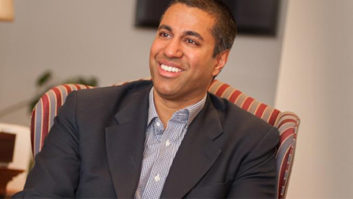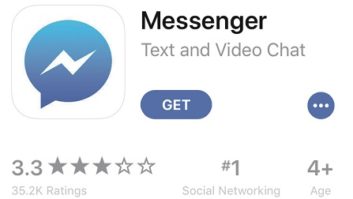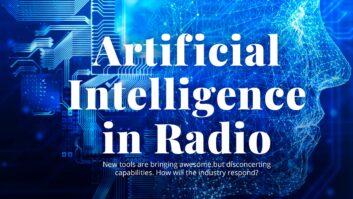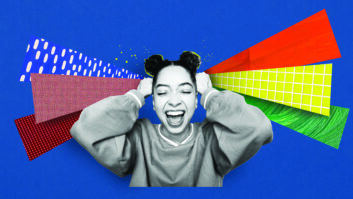Trust is foundational to broadcasting. If you are to be highly successful, your audience must find your on-air talent credible, relatable and authentic.
Anecdotally, I’ve found that in our post-pandemic world, skepticism and cynicism are running hotter than ever, especially when it comes to content and the people who are presenting it.
While I’ve been aware of the trust factor for decades, I’ve noticed it has recently come much more to the forefront concerning relationships, influencers, social media and on-air broadcast talent.
And now? Artificial intelligence, the latest of tech breakthroughs, is proving a significant element that may affect the way our audience relates to our content.
We’re about 10 minutes into the long game of how AI is changing our world. Already, social scientists are gamely evaluating its impact. How people perceive AI is important both in the way we use it on-air and even in the way we talk about it.
If you’re considering AI as a substitute for human talent, or even as an ongoing novelty act, take a look at a new Mitre-Harris Poll. One of the key findings of the September survey is that Americans have a general distrust of artificial intelligence. Only 48% believe that it is safe and secure.
It looked at feelings about the use of AI as a tool for providing entertainment recommendations on streaming services, facial recognition on personal devices and targeted advertising on social media. Not surprisingly, this study does find generational attitude differences.
[Read More Columns by Mark Lapidus]
Rob Jekielek, managing director of the research, says, “A strong majority of Gen Z and millennials are comfortable with AI usage. In contrast, across those examples, boomers are 20–30% less comfortable with AI usage, with only a minority comfortable with use of AI for facial recognition on phones and personal devices (37% comfortable) and targeted advertising on social media (29% comfortable).”
Another noteworthy stat: 82% of Republicans, 87% of Democrats and 85% of independents are in favor of efforts by government, industry and educational institutions to ensure that artificial intelligence is safe.
I strongly suspect that stations using AI as on-air talent are vulnerable to attack from competitors who can point out that they themselves would never eliminate someone’s livelihood with a robot that sounds soulless. It may be a leap to conclude from the Mitre-Harris Poll that open-minded, younger audiences are cool with new AI DJs, but I’m sure we’ll hear the feedback before long.
This notion of the Next New Thing reminds me of something I’ve witnessed many times. On-air talent with longevity and decent ratings is extremely difficult to replace. A common mistake among new program directors is to jump in and replace tenured talent with a shiny new personality. This fails more often than it works, and it has been the death of many a longstanding franchise in a format. Could AI be much different, especially after the notoriety has worn off?
I couldn’t help myself: I queried ChatGPT as to the likelihood of an AI DJ building tenure and trust. It gave me seven very good reasons to trust an artificial voice. Of course it did. How humans will answer the question is still undetermined.
Email the author at [email protected] or send a letter to the editor to [email protected].












